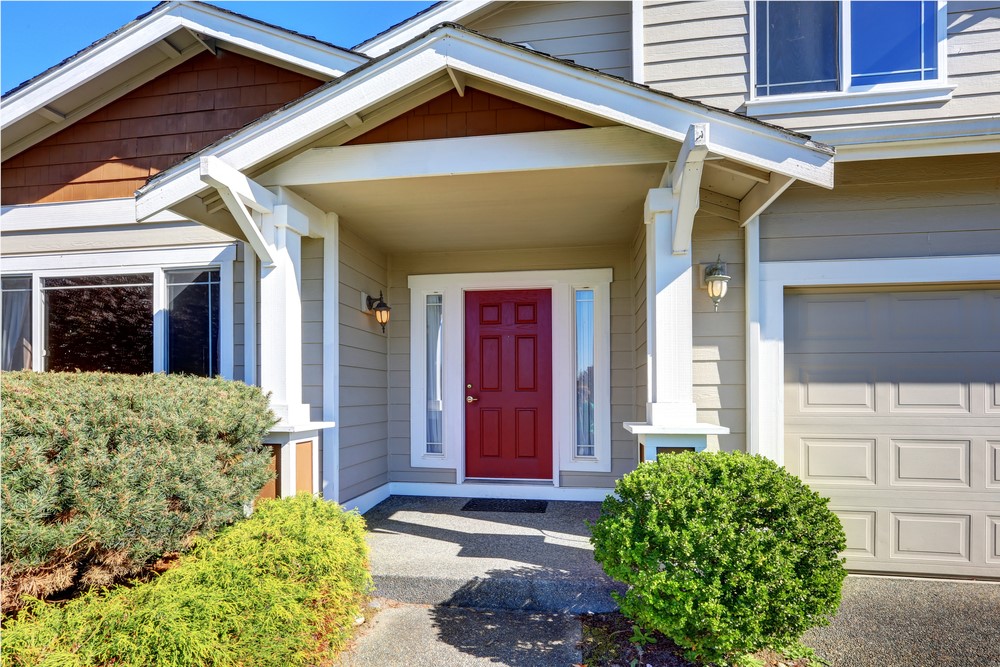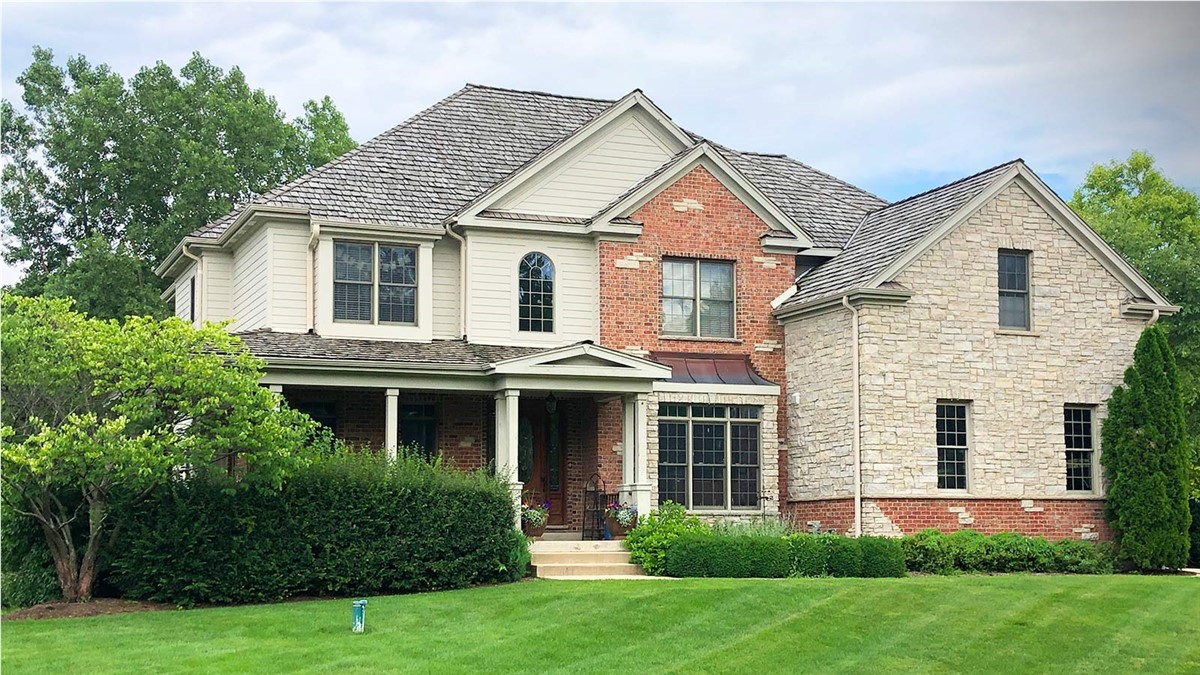As a business owner or property manager, you know that keeping your roof in good repair is essential, and if it’s time for a roofing material upgrade, you’re probably wondering what type of material is used for commercial roofing in general, and which type might be best for your specific circumstance.
This can be a complex question and one that can have several “right” answers depending on your roofing needs and preferences. Here’s what you need to know about the roofing types that may be available for your application.
What Type of Material is Used for Commercial Roofing?
There are many different styles of roofing materials that are used to help protect and beautify commercial roofs, but in general, they will all fall into one of 6 different primary categories. The most common roofing classifications are:
- Built-Up Roofing
- Modified Bitumen Roofing
- Thermoset Roofing Membrane
- Thermoplastic Roofing Membrane
- Metal Roofing
- Green Roofs
- Built-Up Roofing
A built-up roofing membrane is what you see on many flat and low-slope commercial roofs. It is a system of layered tar and gravel and can consist of as few or as many repeated tar and gravel layers as needed to achieve the durability needs of the business owner. For a very long time, this was considered to be the golden standard of flat roofing and in many cases, it is still a decent option. However, science has come a long way and this is no longer, generally speaking, the best available option on the market.
Commercial Roofing Material: Modified Bitumen Roofing
Bitumen is a substance similar to asphalt, and it is added to various fabrics and textiles which are called “carriers”. These carriers are cut and installed just as other membranes are, often used in conjunction with 2-ply roofing systems.
Modified bitumen roofing is generally used to help adhere other roofing materials to the roof decking, where it adds additional protective qualities and stability. They are also relatively easy to maintain, requiring only annual inspection and cleaning, which is optimal for roofs that get foot traffic.
Thermoset Roofing Membrane
Thermoset roof systems are single-ply roofing membrane that is made from EPDM or ethylene propylene diene terpolymer. They are simple to install and maintain when compared to many other roofing materials, and they have significant resistance to the deteriorating effects of UV rays. Thermoset roofing is very similar to rubber, and as such, it offers incredible levels of insulation, which can help reduce energy costs associated with HVAC equipment.
Commercial Roofing Material: Thermoplastic Roofing Membrane
Thermoplastic roofing is a class of roofing that includes PVC and TPO, or polyvinyl chloride and thermoplastic polyolefin, roofing membranes. These plastics are highly reflective of and resistant to UV rays and can stand up to punctures, tears, and chemicals like oil and grease while inhibiting bacterial activity. They are also tolerant of high temperatures and have considerable fire and wind resistance. While not perfect in every application, given the reasonable cost of materials and installation as well as the many benefits TPO offers, this is one of the best all-around flat roof material options out there.
Metal Roofing
Metal roofing is incredibly popular for commercial buildings that want a very finished look, and they also offer very good fire resistance ratings. Metal roofing can be stronger and longer-lasting than many other roofing types and can use one of many different material options. Common metal roofing materials include corrugated steel, aluminum, copper, tin, stone-coated steel, and extruded metal sheeting. Metal roofing needs additional protection from prolonged sunlight and can be damaged by severe Chicago weather. While you can not install them on a truly flat roof, they can be installed with minimal pitches (as low as 0.5/12 pitch under certain conditions).
Green Roofs
Green roofs are the most eco-friendly option. They can help protect the roof from all forms of weather, while also providing a lower energy cost and higher insulative value. They do require extra considerations, however, particularly in regards to weight and drainage. They are, arguably, one of the most beautiful roofing solutions as well.
Local Experts Can Help You
Keeping the roof protecting your business in optimal shape is incredibly important, and neglecting it can not only damage your building but can expose you to significant legal liabilities as well. If you are still unsure which material is used for commercial roofing in your application, contact a professional Chicago roofer today for more information on which one is right for your needs, and to get answers to any other questions you have.





